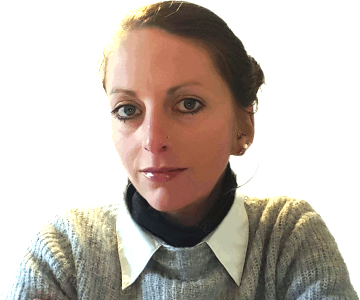

Caroline Spalding, Features Correspondent
An Interview With Femi Kayode - Author Of Lightseekers

Femi Kayode. Image credit Nicholas Louw
I asked who he is, beyond clinical psychologist-cum-advertiser-cum-writer: “I think I am many things… I must confess I still don’t know what makes me tick. I have a suspicion my wife does, but she’s not telling.”
He trained as a scientist and pursued post-grad. programmes ranging from psychology to public health. His parents were teachers, which he believes to be why he embraces education, more recently studying creative writing. He is a partner in an advertising agency in Namibia, where he lives with his wife and teenage sons. He grew up in Nigeria where it was hard to make a living as a full-time writer, and so the career path he chose was more “an extension of (his) creativity.” He says advertising is considered “pop art, but in reality, it is crafting at the highest level,” and he enjoys brainstorming ideas with his team, which in turn often become “part of the popular culture.” He has never had to fit writing into his life, but rather, it is his life. On his journey, he has worked in television, “churning out scripts, or editing them,” and that role gave him the chance to utilise his skills as both a branding consultant and a content creator. He even fancied himself as an actor in his early days; however, he says - “trust me, we do not want to talk about that misadventure.”
Despite his training in psychology, he realises with hindsight that he never truly planned to follow that career path. He was fascinated to learn how the human mind functions, and it broadened his own self-awareness. He would have gone in to teaching, even considered doing a PhD, but really, he saw his training more as a way to enhance his writing. Psychology did however help his transition to advertising: his first campaign was the launch of an anti-depressant called Zoloft, and his background learning and knowledge added strength to his marketing proposition. His career became fast-tracked, something he isn’t certain would have happened if he hadn’t an understanding of depression, nor any exposure to anti-depressants which he acquired whilst training as a clinical psychologist.

He describes his own style as “simple and accessible,” adding, “the jury is out on whether I am a good writer, in the traditional sense of the word.” A lifelong fan of John Irving, who “combines great writing with a superb sense of story”, Kayode also admires Sidney Sheldon as a crime writer, appreciates James Baldwin who takes “an unflinching look at life written in near perfect prose” and is inspired by John Le Carré’s “ability to combine social commentary with crime and thriller.”
Also by Caroline Spalding...
Review: Cold Enough For Snow By Jessica AuReview: Good Intentions By Kasim AliReview: Strangers I Know By Claudia Durastanti, Translated By Elizabeth HarrisReview: The Love Songs Of W.E.B. Du Bois By Honorée Fanonne JeffersVioleta By Isabel Allende - A ReviewFemi Kayode opened the interview by indicating that writing the author bio for his book was more difficult than writing the book itself, but he was expressive and enthusiastic in his response to my questions, his personality shone through with warmth, humour and even some self-deprecation. He told me he cooks when he is stressed, he belongs to “the ‘rice is life’ gastronomic school of thought”, and he adores watching films as much as he adores his three dogs (“and they know it”). Perhaps he is right in saying that the author bio might be “short enough to tease, but not enough to quell curiosity”; getting to know this author a little better certainly amplifies our anticipation of his next outing.
Lightseekers is published by Bloomsbury